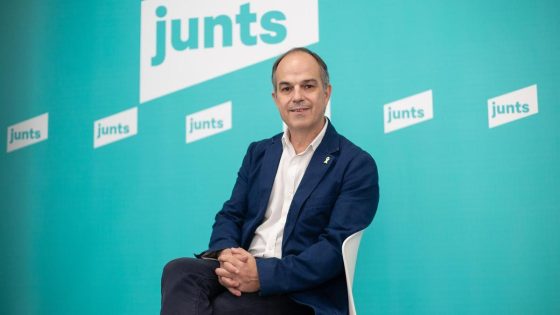A 71-year-old man from Lommel, Belgium, is facing legal troubles once again for running a cannabis plantation. This incident follows a previous conviction in 2022 for similar activities. He claims that he turned to growing drugs out of financial desperation after his furniture business, Cleblo, went bankrupt.
- 71-year-old man faces drug cultivation charges
- Previous conviction for cannabis cultivation in 2022
- Cleblo furniture store went bankrupt in 2014
- New supermarket opened at former Cleblo location
- Couple risks prison time for repeat offense
- Court decision expected on March 6
Since its establishment nearly 50 years ago, Cleblo was a well-known furniture store in the region until it filed for bankruptcy in 2014. The site has since been redeveloped into a Jumbo supermarket, but the former owner’s struggles continue as he faces potential prison time.
The Rise and Fall of Cleblo: A Tale of Bankruptcy and Desperation
How far would you go to settle your debts? For one Belgian businessman, the answer involved illegal drug cultivation. After his successful furniture store collapsed under financial strain, he resorted to growing cannabis plants yet again.
The Consequences of Drug Cultivation on Business Owners
The repercussions of illegal drug production extend beyond personal loss; they impact entire communities. Here are some key points regarding this issue:
- Legal penalties can include significant prison time.
- A criminal record may hinder future employment opportunities.
- Drug-related activities contribute to community safety concerns.
- The stigma surrounding drug offenses affects families and local businesses.
The Legal Battle: What Lies Ahead for the Former Entrepreneur?
This isn’t the first time this businessman has faced legal action due to his choices. Following police raids that uncovered over 267 cannabis plants in 2022, he now stands trial again with possible sentencing looming on March 6th. Will he learn from past mistakes or continue down this risky path?
Rebuilding After Bankruptcy: Alternatives to Illegal Activities
Instead of resorting to crime, there are various legitimate avenues for recovering from bankruptcy:
- Pursuing new job opportunities or retraining programs.
- Seeking financial advice or counseling services.
- Exploring government assistance programs aimed at helping struggling entrepreneurs.
- Crowdfunding or seeking investors for new business ventures legally.
The Broader Implications of Debt-Driven Decisions
This case serves as a reminder of how economic pressures can lead individuals toward desperate measures. It raises questions about societal support systems and whether enough resources exist for those facing financial hardships. How can communities better assist those at risk?

































